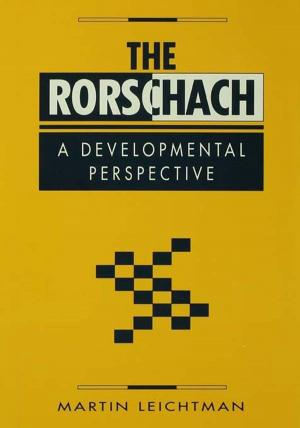Disposable Americans
Extreme Capitalism and the Case for a Guaranteed Income
Nonfiction, Social & Cultural Studies, Social Science, Sociology| Author: | Paul Buchheit | ISBN: | 9781317206040 |
| Publisher: | Taylor and Francis | Publication: | March 31, 2017 |
| Imprint: | Routledge | Language: | English |
| Author: | Paul Buchheit |
| ISBN: | 9781317206040 |
| Publisher: | Taylor and Francis |
| Publication: | March 31, 2017 |
| Imprint: | Routledge |
| Language: | English |
Inequality has dramatically increased in America, with few solutions on the horizon. Serious social inequalities persist. For example, the 14 richest Americans earned enough money from their investments in 2015 to hire two million preschool teachers (while the USA ranks low among developed countries in preschool enrollment). Following the Great Recession, the richest one percent took 116 percent of the new income gains, a statistic caused by so many middle-class Americans moving backward, many losing investments in property and experiencing interruptions in work. Author Paul Buchheit looks hopefully to solutions in a book that vividly portrays the rapidly changing inequality of American society. More Americans have become "disposable" as middle-class jobs have disappeared at an alarming rate. Buchheit presents innovative proposals that could quickly begin to reverse these trends, including a guaranteed basic income drawn from new revenues, such as a Financial Speculation Tax and a Carbon Tax. Discussing the challenges and obstacles to such measures, he finds optimism in past successes in American history.
Ideal for classroom assignment, the book uniquely pairs historical events with current, real-life struggles faced by citizens, pointing to measures that can improve personal and social well-being and trust in government.
Inequality has dramatically increased in America, with few solutions on the horizon. Serious social inequalities persist. For example, the 14 richest Americans earned enough money from their investments in 2015 to hire two million preschool teachers (while the USA ranks low among developed countries in preschool enrollment). Following the Great Recession, the richest one percent took 116 percent of the new income gains, a statistic caused by so many middle-class Americans moving backward, many losing investments in property and experiencing interruptions in work. Author Paul Buchheit looks hopefully to solutions in a book that vividly portrays the rapidly changing inequality of American society. More Americans have become "disposable" as middle-class jobs have disappeared at an alarming rate. Buchheit presents innovative proposals that could quickly begin to reverse these trends, including a guaranteed basic income drawn from new revenues, such as a Financial Speculation Tax and a Carbon Tax. Discussing the challenges and obstacles to such measures, he finds optimism in past successes in American history.
Ideal for classroom assignment, the book uniquely pairs historical events with current, real-life struggles faced by citizens, pointing to measures that can improve personal and social well-being and trust in government.















